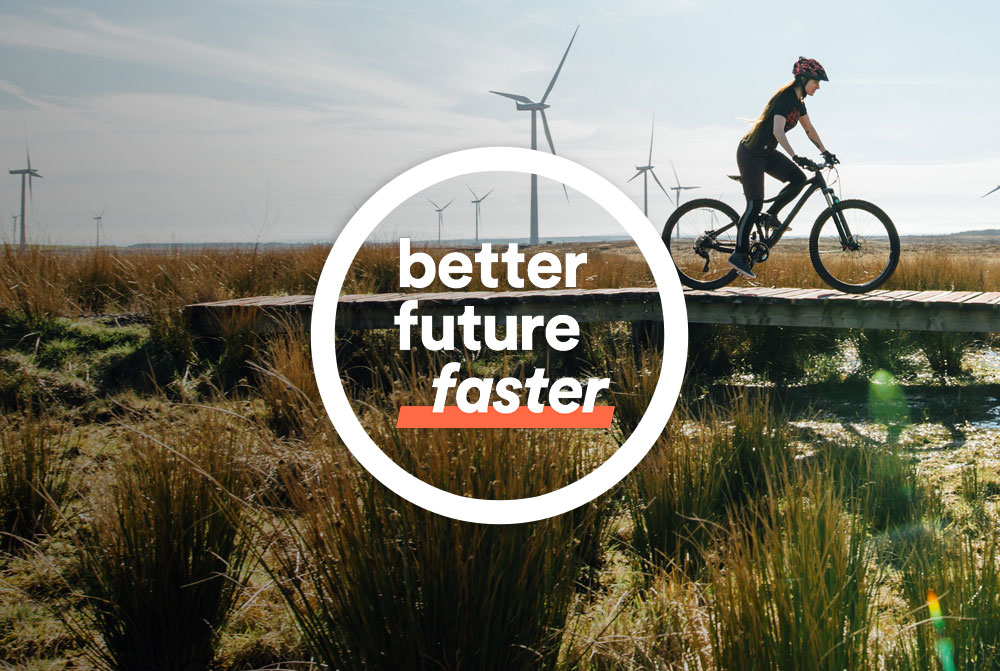Zero-Carbon Transition: Latest signals of change (22.05.2020)
The We Mean Business coalition
Here are just some of the signals of change from the past week, demonstrating the transition to a resilient, zero-carbon future remains underway. Find out more here >
Zero-Carbon Economy
Over 150 companies – with a combined market capitalization of more than $2.4 trillion – have signed a statement urging governments around the world to align their COVID-19 economic aid and recovery efforts with the latest climate science. More than 1.2 million citizens have joined campaigns to support a green economic recovery in Europe. Rwanda has become the first African country to release an enhanced climate target to the UN, while the European microstate of Andorra also submitted its updated Nationally Determined Contribution. Spain is to set out a legally binding strategy to reach net-zero emissions in the next 30 years. And The EU is “to announce the world’s greenest recovery package next week”.
Zero-Carbon Power
The German government has reached a compromise agreement to accelerate the rollout of wind turbines and solar panels. Denmark is planning the world’s most ambitious offshore wind project with two giant “energy islands”. The outlook for renewable energy development post-COVID-19 remains strong despite short-term impacts, according to the International Energy Agency. While the outlook for new coal development has significantly worsened, according to experts. UK energy services company Mitie has committed to switching to 100% renewable energy with RE100, taking the total number of members to 235. And hundreds of churches in the UK have committed to divest more than £1 billion from fossil fuels. Google will no longer supply artificial intelligence technology to aid oil and gas extraction.
Zero-Carbon Transport
The French government is to use COVID-19 stimulus measures to accelerate the switch to low-emission vehicles. Swedish rail transport company MTR Nordic Group has committed to set a science-based target. Large areas of London are to go ‘car-free‘ in an attempt to keep emissions down post lockdown. A study has highlighted the role of electric bikes to help people return to work during the ongoing travel restrictions. Two British startups are to invest up to £4 billion in building the UK’s first large-scale battery factory to serve the country’s EV industry.

